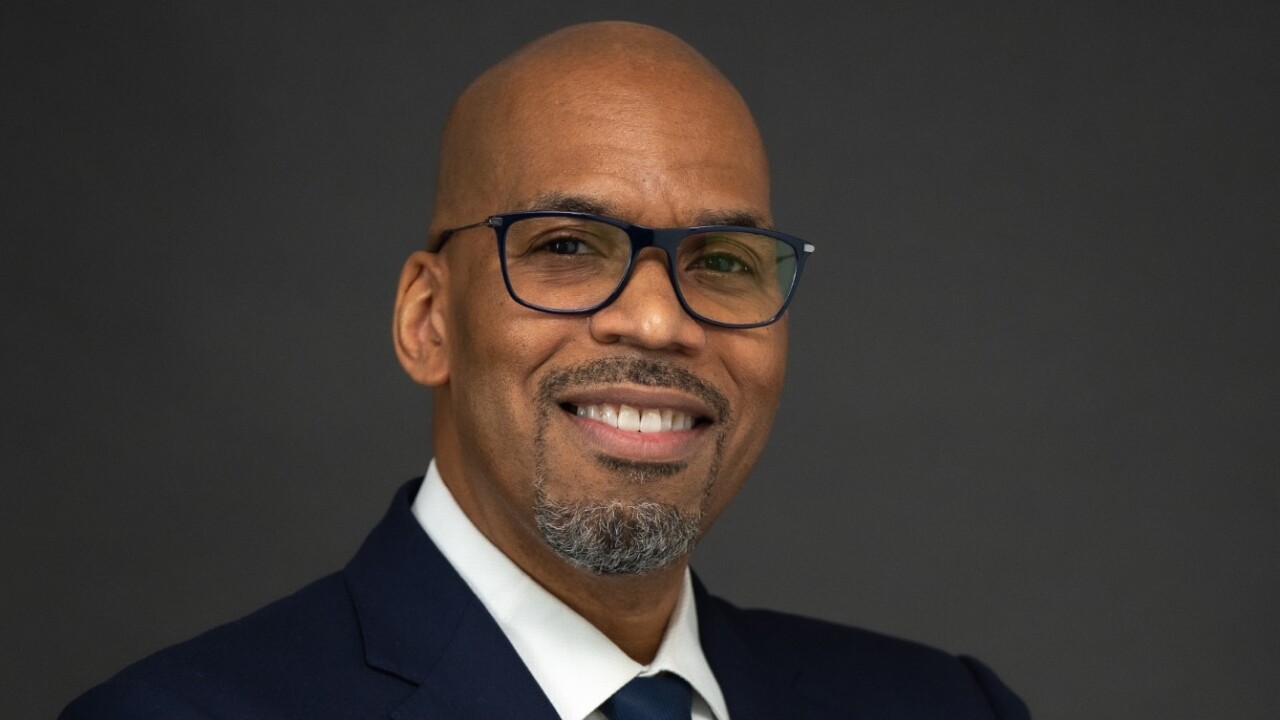The Internal Revenue Service hopes to curb the use of robocalling services as a way to cut to the front of the line at the Practitioner Priority Service.
The IRS said in an email Friday to tax professionals that it has initiated a pilot program that now requires PPS callers to repeat certain phrases before they're transferred to an IRS phone assistor. The pilot program uses speech recognition technology to help ensure a live person is calling and not a mechanical device. "The new process is intended to improve customer service by reducing unnecessary wait times," said the IRS.
The move aims to block third-party companies from using autodialers and robocalling technology to help tax pros reach the IRS, which has been more of a challenge in recent years, even though the PPS line is supposed to help them reach the agency more easily than regular taxpayers. One such company, enQ, posted a message Friday on its
"EnQ is temporarily suspending services to: Practitioner Priority Service Business, Correspondence Examination Individual/Business, and Automated Underreporter due to changes on the IRS call center," said the company. "Please direct your calls to other departments while we work on a solution."

The move was telegraphed last Monday by Timothy McCormally, a special counsel with the IRS Office of Professional Responsibility, who told a meeting of the American Bar Association's Section of Taxation that the IRS would be enhancing its PPS hotline to deal with robocalls and autodialer programs, according to
The National Taxpayer Advocate's





